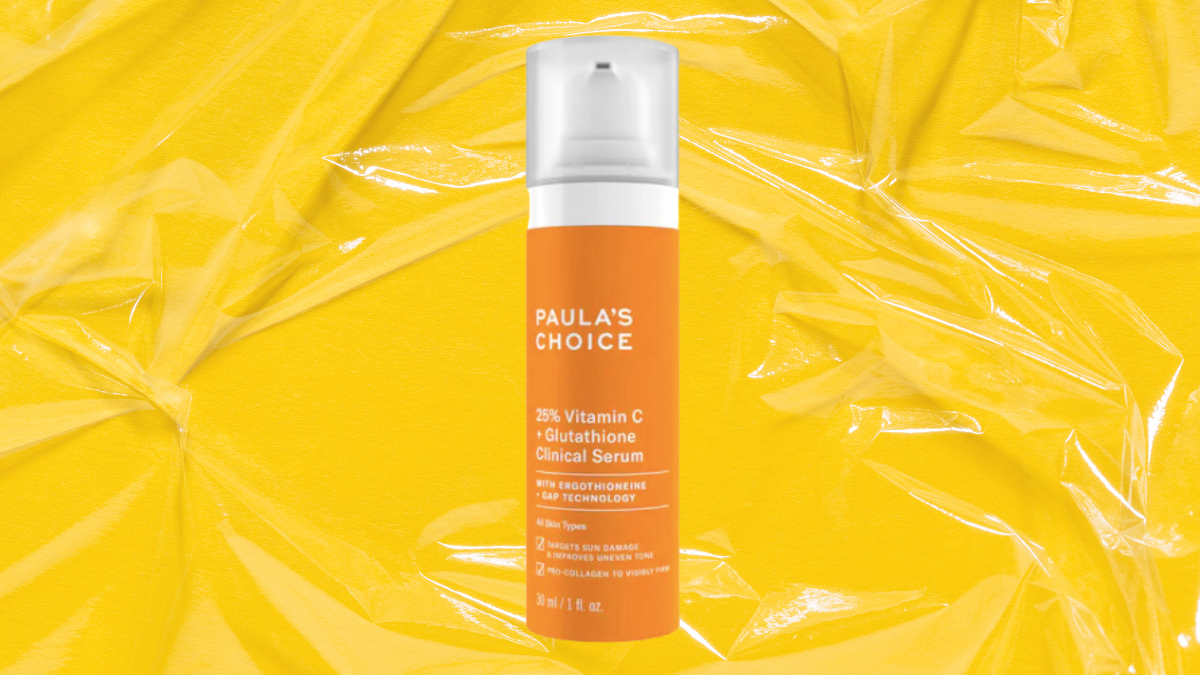
It is known that some common pigment-related skin issues, like dark spots, melasma, and post-inflammatory hyperpigmentation occur more frequently in people with skin of color and they worsen with exposure to sunlight, despite sunscreen use. Why is this happening?
Well, some studies show that the chalky appearance of most sunscreens limits their acceptance among consumers, especially among those with darker skin types. Of course, if you don’t like the product, you won’t use it properly, which raises the need for additional solutions. This is where Vitamin C can be your best friend in preventing hyperpigmentation. Let’s dive in!
WATCH: Learn All About the Benefits of Vitamin C for Melanated Skin
How Vitamin C Helps with Dark Spots
When you’re exposed to the ultraviolet (UV) radiation from the sun, oxidative molecules, called free radicals, are created on your skin. These molecules can induce melanin production on your skin as a mechanism of self-defense to protect your cells, which leads to the formation of unwanted hyperpigmentation and dark spots.
Luckily, there are other types of molecules, called antioxidants, that have the ability to neutralize the effect of free radicals, and vitamin C, also known as L-ascorbic acid, stands as the gold standard among skincare antioxidants.
Vitamin C can neutralize free radicals and helps prevent the oxidative damage of your cells, preventing the formation of dark spots.
Apart from serving as an antioxidant, vitamin C is involved in the collagen synthesis process, inhibits the effects of collagen-degrading enzymes, and maintains hydration on the skin. Overall, vitamin C protects the outer layer of the skin and helps achieve a brighter complexion with less appearance of dark spots, fine lines, and wrinkles.
Maximizing the Benefits of Vitamin C
Choose the Right Type of Vitamin C
Not all vitamin C’s are created equal. There are several derivatives (read: copycats) of vitamin C used in cosmetic creams today. Nevertheless, L-ascorbic acid—which is the scientific name for vitamin C in its purest form—has long been referred to as the golden standard since it is the most-researched and well-documented form. Plus, synthetic derivatives are considered limited in their ability to penetrate and increase vitamin C levels in the skin.
Ensure pH Values of Vitamin C are Within the Correct Range
To actually penetrate the skin and deliver any benefits, vitamin C formulations must be formulated at pH levels that are less than 3.5. Most products will be formulated within that range but if your skin is not so sensitive, you can always use a chemical exfoliant cleanser right before applying our Vitamin C. The cleanser will help lower the pH of your skin and Vitamin C will penetrate easier into the skin to really get the most benefits.
Always Pair With Your Sunscreen
This is a must! While sunscreen is widely used, inadequate application and extended sun exposure can result in lower photoprotection. Sunscreens, even broad-spectrum ones, only reduce free radical formation by 55%.
That’s why combining antioxidants with sunscreen is always a good idea and it has been shown to offer additional skin protection in human studies. But, keep in mind that Vitamin C does not replace sunscreen or physical protection from the sun. Always use a broad-spectrum sunscreen and try to limit sun exposure with physical measures.
Do you use vitamin C in your skincare routine? Let us know in the comment section!



